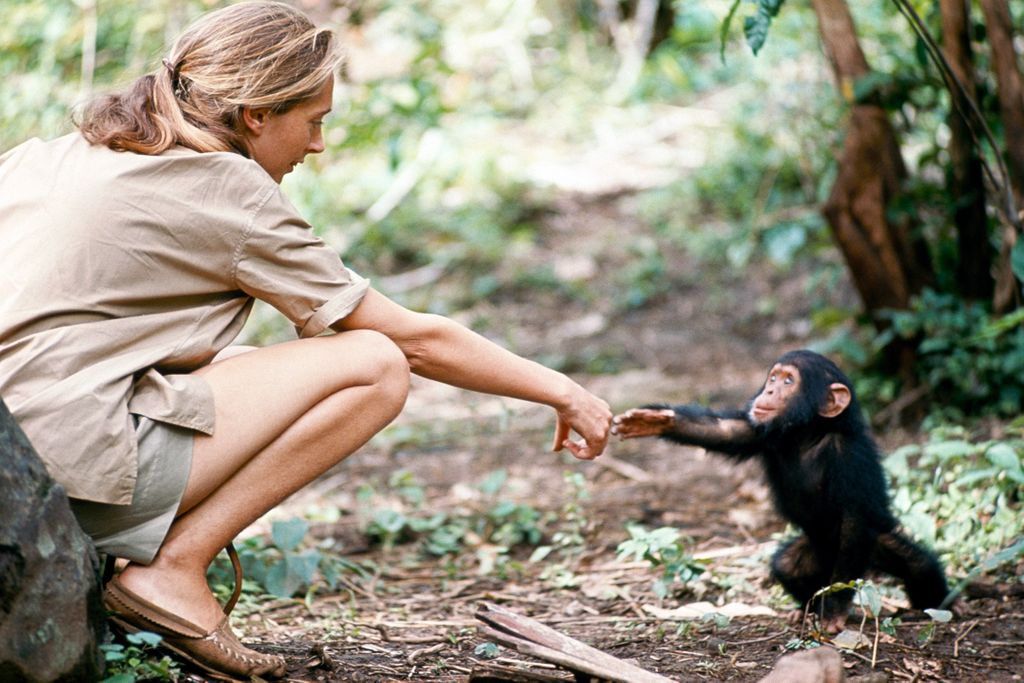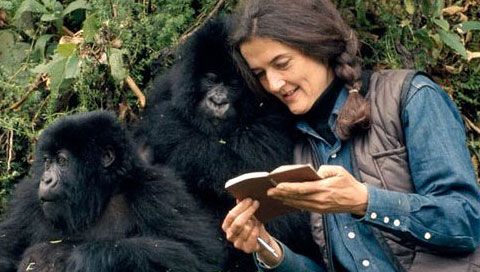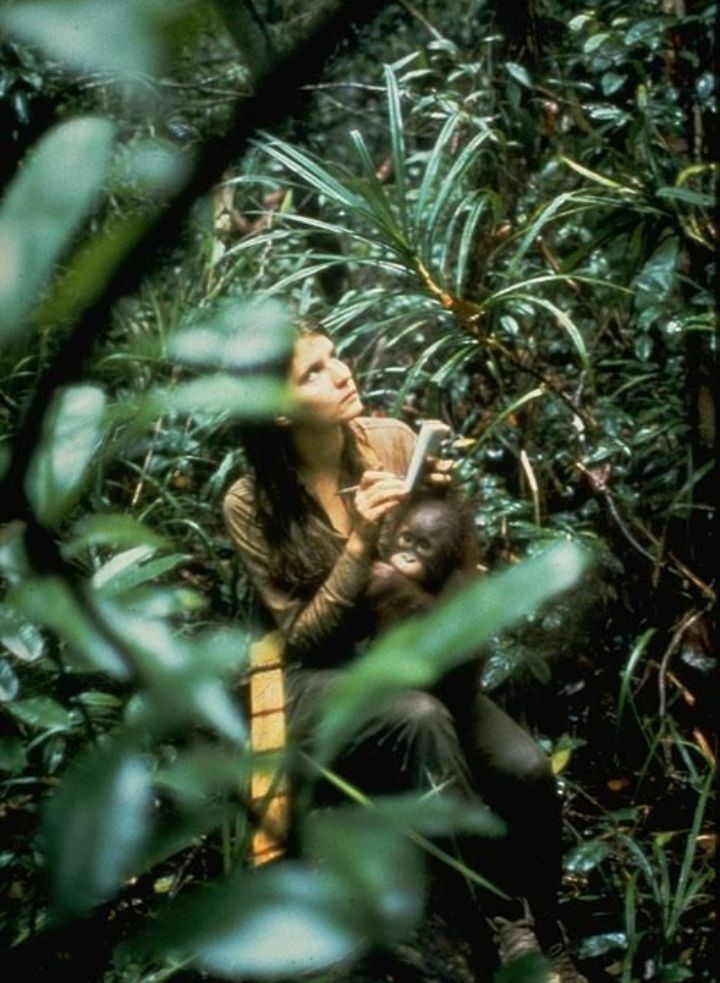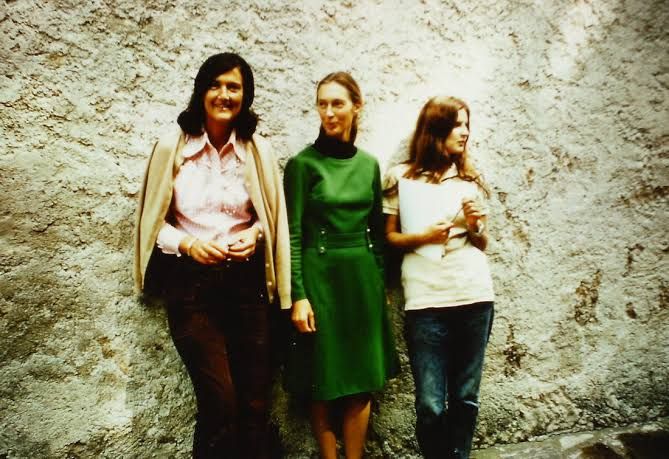Leaky's Angels:The Trimates
Mar 24, 2019 • 31 views
Historically,Men have dominated the life outside home. This holds same truth in the field of science.
When the world of science was the sole domain of Men, three women in particular emerged,documenting what revolutionised the understanding of our past.
As late as the 20th century ,pioneering work by scholars like B. F skinner,lvan Pavlov, Konrad Lorenz, John Watson on animalbehavior in the laboratory was initiated.
A debate was on among the scienctific community on the credibility of study of animal behavior only in lab instead in their natural setting.
The foremost scholar of primatology was a Kenyan paleoanthropologist, Louis leakly who intended to create a team of dedicated associates to study primates in wild.
He choose three women of no former specialised training but had passion for real knowledgefree from theories and theorems. Leaky also understood women to boost an emotional advantage over men in the field of study.
Under his dynamic leadership, Jane Goodall,Diana Fossey and Birute Gladikas or the trimates as leakly himself called them ,begun their decade long intensive study away from the comfort of lecture classes.
JANE GOODALL,as a young girl was engrossed in wildlife. However, despite her lack of degrees, leaky sought her energy and enthusiasm to fund her studies on the chimpanzees, as a backbone support for Darwin 's theory of evolution that claims human ancestry to apes.
Her discovery of group hunts,flesh eating chimps and usage of tools,by Tanzanian chimps was revolutionary to the scientific community.
The Gombe stream research centre was set up establishing prospects of future research.
Goodall was perhaps the first in her field, to name animals rather than number them.

Book:in the shadows of man
--
DIANA FOSSEY grew a loner,seeking companionship in animals. A graduate in occupational therapy,she worked for sick children and would aid farm animals in leisure time. Her visit to Africa brought her face to face to a band of Gorillas and yes, she was enchanted.Fossey tracked down Leaky and started her intensive study on the shy Mountain Gorillas of Rwanda.
Fossey soon identified herself as a conservationist and fiercely traced down and burnt entire hunting camps of poachers and was opposed to wildlife tourism as she observed diseases spread from contact and allied activities.
Least to say, she didn't make good local friends and was murdered. A case that remains still unsolved to this day.
She was buried among her family, besides DIGIT,her most loved Gorilla who was killed by poachers as was defending the family.
The locals would call her, the woman who lives alone on mountain.
Her karisoke Research Centre for protection against exotic pet trade, trophy hunting speaks of her legacy.

Book:Gorillas in the mist
--
BIRUTE GALDIKAS like her other trimates grew up with love and respect for animals.
This ginger headed girl conducted one of the longest continuous study on her ginger headed friends, the orangutans.
Her study was approved by leaky after much trepidation as orangutans lived in swamps and thick isolated pockets and they weren't as genetically related to mankind as the chimps or gorillas were.
However, Galdikas went on to establish the orangutan Foundation International.
She established the concept that Non human animals can have culture too. She is the only non Indonesian recipient for the highest honour in environmental leadership.Galdikas's study in Borneo added invaluable inputs about Orangutans life cycle and lifestyle.

Book:Among the orangutans

The trimates upheld the mirror that shifted an entire generation's notion of king kongy primates to beings capable of sorrow, anger, cruelty, observation, altruism and cooperation.
These three women,followed their hearts, never gave up, asked different questions and gave something new to the world of science.
Their ability to empathize with their research is what that stands out in limelight.
However, on a depressing note, the very animals for whom they fought so ardently are some of the most endangered and abused species in this day.
From Orangutan brothels to cruel exotic pet trade practices, the lives of the sentient community is at risk.
In the words of Goodall,
"the greatest danger to our future is apathy"
